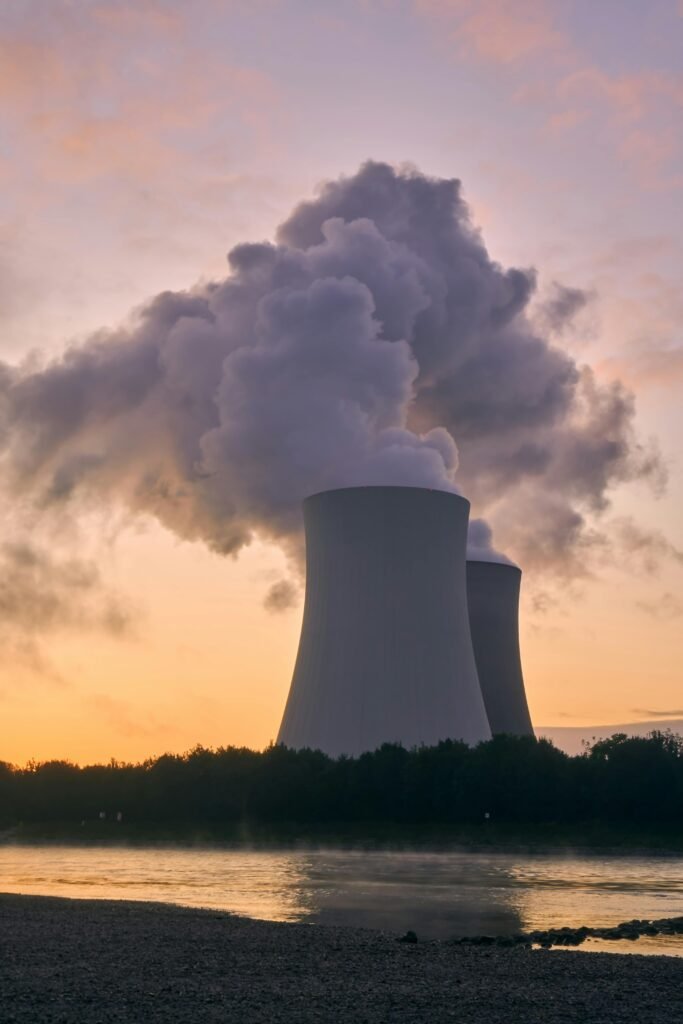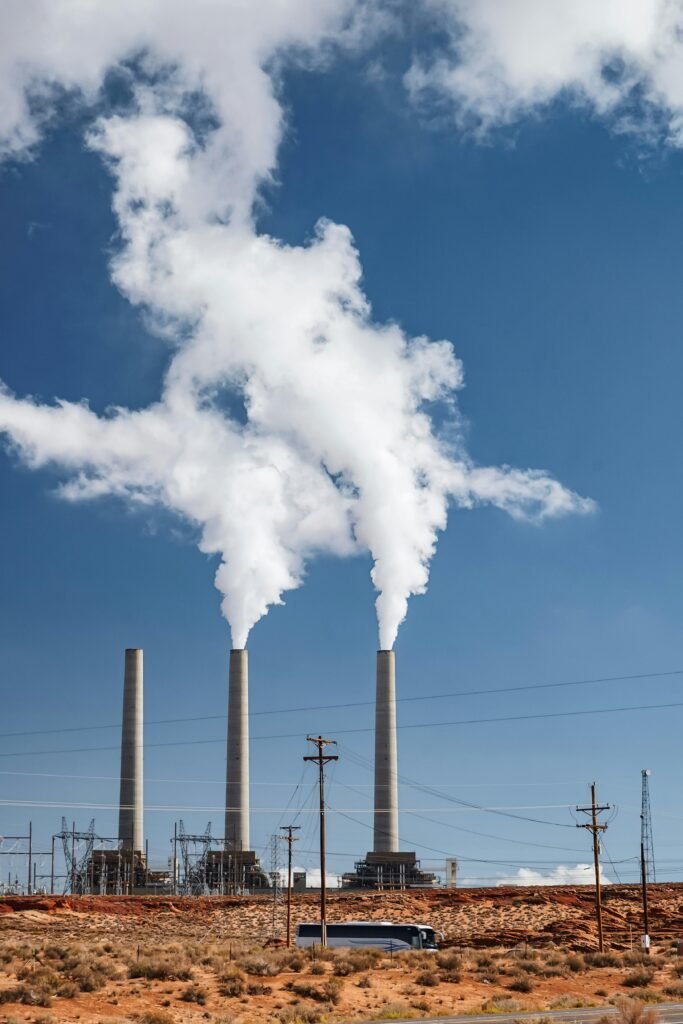
The term “climate change” describes significant alterations in temperature and weather conditions that occur over long periods. The main cause of climate change as we know it today has been the expansion of human activities such as fossil fuel combustion, deforestation and industrialization. These behaviors include more greenhouse gases (GHGs) composites such as carbon dioxide CO2, methane CH4 and nitrous oxide N2o in the higher levels of the atmosphere. These substances are said to be responsible for the most annoying issues related to overseas-curtain of sunrays known as global warming.
Key Aspects of Climate Change:
Causes:
Natural causes: Natural greenhouse gas emissions, volcanic eruptions, variations of solar radiation.
Human activities: Fossil fuels burning, agriculture, deforestation and industrial emissions.
Consequences:
Socially: A notable increase in the mean temperature of the Earth’s surface has been recorded in the last few decades.
Environmentally: The melting of glacial ice is taking place at a faster rate with rising sea levels which endangers populations residing near coastline regions.
Economically: The statistics on hurricanes ferocity have been escalating, so have heat waves, droughts and heavy rainfalls.
Ecologically: Many species are on the verge of extinction because of rapid environmental changes of their habitats.
Public health: A rise in heat stress, the chance of diseases spreading, less clean water and food resources are basically famine.
Global Response:
Political: There are emerging global initiatives such as the Paris Agreement which seeks to stave off global warming greater than 2 degrees celsius relative to the levels prevailing before the commencement of industrialization.
Adaptation and mitigation: Strategies include a mix of energy transition to renewables, energy efficiency upgrades, reforesting activities, and making infrastructure more resilient.
Community actions: Movement for change cannot solely depend on organization of large groups, as waste minimization, energy use reductions, or sustainability approaches must also be exercised.
Why It Matters:
It is important to note that climate change must be addressed in order for the next generations to be able to exist. Its impacts are on living organisms, economic systems and societies around the globe so it is one of the most important problems we have and the only one we can solve if we act together.

